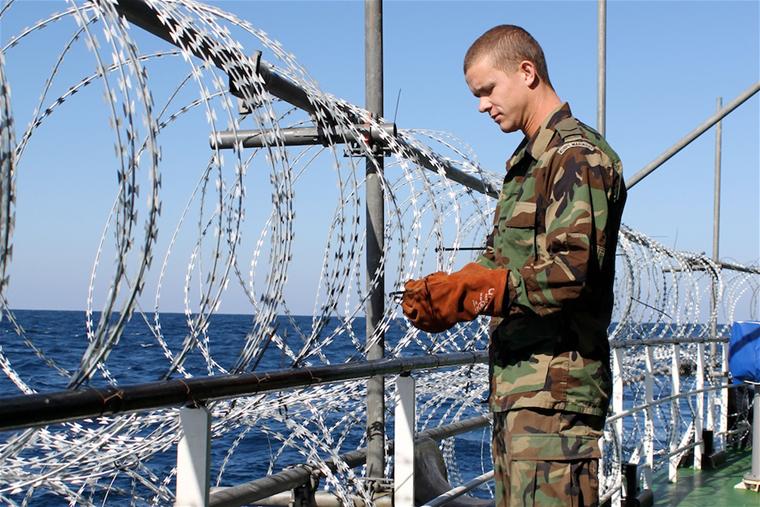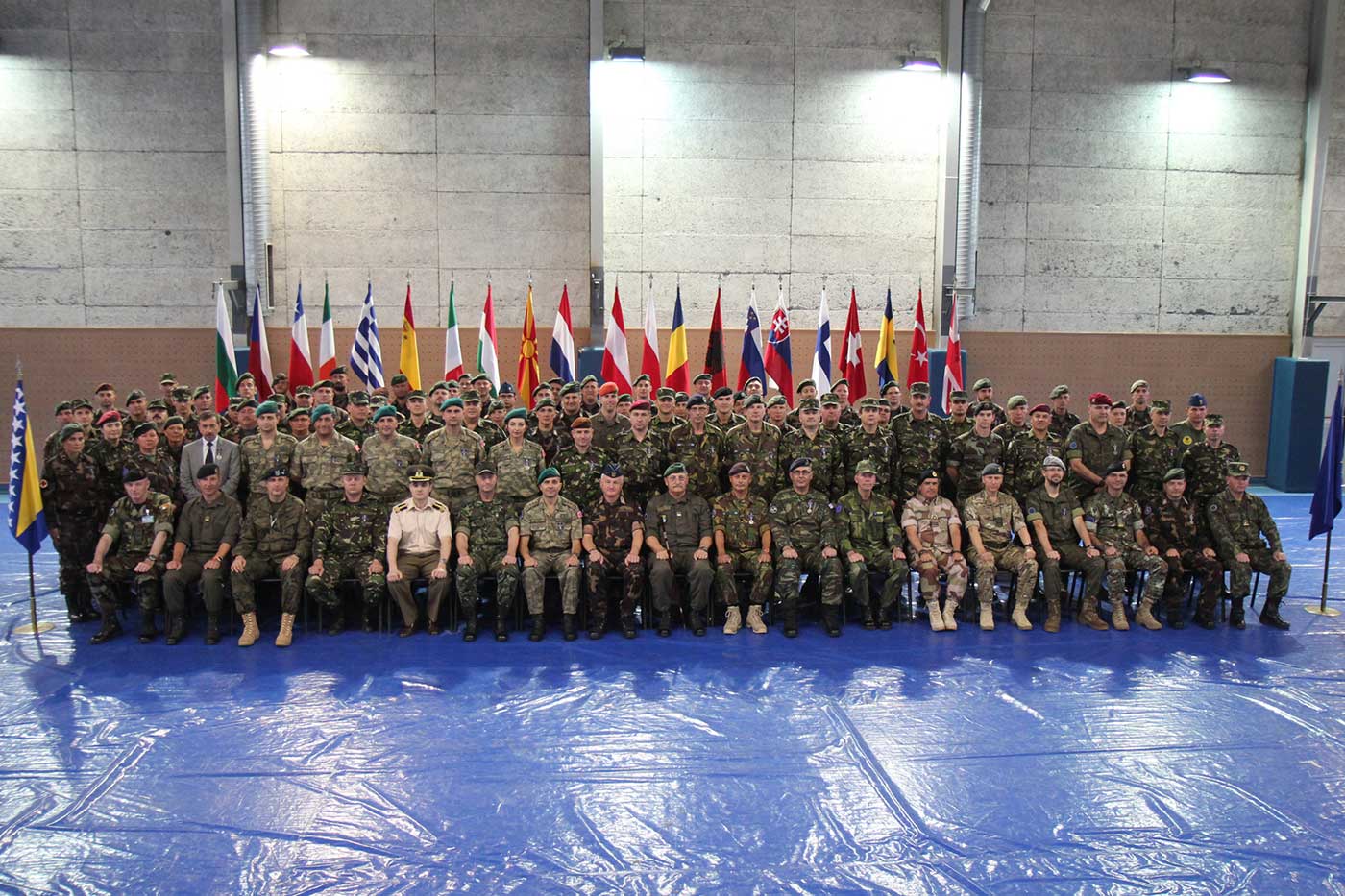The European Parliament sets foot in the door of the Diplomatic Service
(BRUSSELS2) The opportunity was too good to pass up. The European Parliament has been trying to have its say on foreign policy for years. Member States have been taking great care to keep it away for years. This is why the discussion on the EEAS which is continuing today in Parliament in the "Constitutional Affairs" and "Foreign Affairs" committees deserves to be followed and commented on (the budget committee has already spoken) .
In fact, it should come as no surprise that the European Parliament, rather unanimously, at least initially, stepped up to "denounce" the proposal made by the High Representative on the European External Action Service or EEAS (1). We should also not be surprised at the tone, sometimes quite harsh, used by certain officials of the European Parliament. Today the European Parliament has its foot in the door and intends to force the passage to open it to the maximum!
The European Parliament has its foot in the door... and intends to open it as much as possible
Already in the past years, the European Parliament (and the Commission) have not ceased to nibble powers in the name of
the well-understood community interest. Battles he has often won (with the help of the Commission). Let us recall the judgment of the Court of Justice in 2002 (AETR) which recognized the European Commission (and therefore the European Parliament) with competence in matters of air transport at external level (negotiations of international agreements) in the extension of its internal competence (2).
The method is the same today. Relying on his power of co-decision, which is now exercised both on the budgetary aspect and on the "staff" aspect (3) of the EEAS, he intends to influence the basic decision of the EEAS, on which he has only a power of consultation and no prerogative to exercise (at least in the reading of the Lisbon Treaty). In a way, no legal legitimacy.
To situate the debate, the European Parliament is trying to acquire the powers that certain parliamentary assemblies in Europe have (the Dutch 2nd chamber, even the German Bundestag) whereas so far it has only had residual powers (such as French National Assembly).
Concretely, the Parliament has already obtained the power, informally, to be able to hear the special representatives and the main "ambassadors" of the EU, before their departure. He has not (yet) obtained the right to participate in the process of appointing them. He also intends to weigh in to obtain, alongside the High Representative, the appointment of "political assistants" capable of dialogue with him. The proposal approved by the Council of Ministers of Foreign Affairs did not lead to success. But on the side of the High
representative, we intend to end up with a slightly more horizontal hierarchy (4). This would be a significant step towards the European Parliament. Similarly, by being able to give full discharge on the EEAS budget, it will acquire competence over the external budget, an ancient claim. Let us remember the battle over the discharge of the Council's 2008 accounts on CFSP missions (5). Etc...
It is by this yardstick, and only by this yardstick, that the battle between Parliament and the High Representative must be viewed. It is not so much the High Representative that he is targeting but the Member States, his role in the Community architecture. But not only. We shouldn't be kidding ourselves. This is no small quarrel over power. The stakes are higher. It is the place of democratic control over EU foreign policy that is in question.
(1) Read: External Action Service: the counter-proposal of the
Parlement
(2) Read: a analysis of the Robert Schuman center on the AETR judgment
(3) An innovation of the Lisbon Treaty
(4) As I presented it, in a somewhat anticipated way, I recognize it ![]() - Read : Le trio Executive of the European External Action Service.
- Read : Le trio Executive of the European External Action Service.
(5) Read: Parliament unhappy with lack of transparency in CFSP budget

